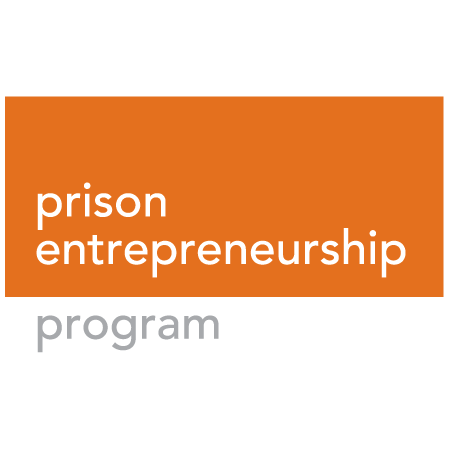More Than a Document
At first glance, a business plan might seem like just a tool for starting a company. But inside the walls of a PEP classroom, it becomes something much deeper. For many participants, writing a business plan is their first experience imagining a future that doesn’t involve survival, it involves purpose.
Why It Matters Behind Bars
Creating a business plan in prison requires vision, discipline, and long-term thinking. That alone is transformative. For men who have lived with short-term goals or reactive decision-making, this shift in mindset is powerful.
Each plan forces participants to:
- Think critically
- Set realistic goals
- Understand finances and marketing
- Communicate ideas clearly
- Own their dreams
It’s a training ground for more than business, it’s a tool for rebuilding identity.
Confidence Through Clarity
When a participant presents his plan, he’s not just pitching an idea. He’s sharing a new version of himself. The business plan becomes a declaration: “I have something to offer. I’ve thought it through. I’m ready.”
This clarity builds confidence. That confidence carries into job interviews, family relationships, and community reentry.
The Plan Isn’t the Point, But It Helps
Not every graduate will launch a business. That’s not the ultimate goal. The deeper value lies in the process, building strategic thinking, taking ownership of a vision, and learning how to execute. These are life skills, not just business skills.
Final Thought:
Inside PEP, a business plan is never just a business plan. It’s a blueprint for personal transformation. and often, the first chapter in a much bigger success story.

